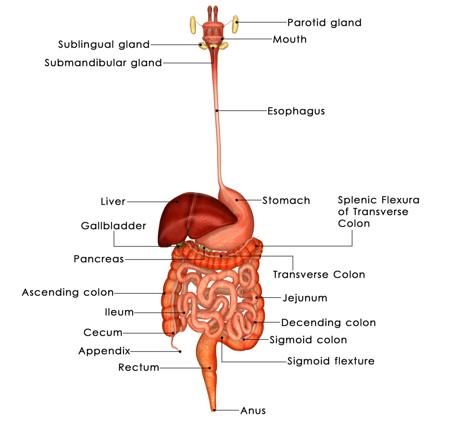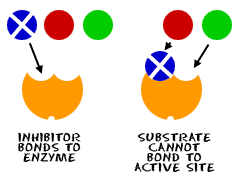
The digestive tract, otherwise known as the stomach and intestines, is basically the system between the mouth and the anus that contain all of the major organs of the gastrointestinal system in both humans and other mammals. Food ingested through the mouth is ingested slowly and digested into absorbed nutrients, and the expelled waste as fecal matter is eliminated. The digestive process can be simplified into five phases. The first phase is a rapid influx of food from the stomach into the intestines.
The second phase is absorption of nutrients through the walls of the intestines by the small intestine
The third phase is assimilation of the absorbed nutrients through the lymphatic system. The fourth phase is the metabolism of the food in the intestines into energy or bile, which helps in the absorption of fats and proteins from foods.
The fifth phase of digestion is the excretion of the bile. The last phase of digestion is absorption into the bloodstream, where the food travels to different parts of the body. The digestive system is important for the maintenance of healthy digestion and elimination of waste material. It also aids in absorption of vitamins, minerals and amino acids, which are needed for normal functioning of the body.
In addition to these five phases of digestion, there are three additional phases that help in the digestion of foods, in particular those of protein. One of the most important phases of digestion is called the phase of protein digestion. This occurs when the stomach absorbs the proteins contained in the food that the body will later use as fuel for growth, and it facilitates the release of bile acids. Digestion of the proteins also allows for absorption of nutrients in the blood.
The last phase of digestion that is important for protein metabolism and absorption of nutrients is known as the digestion of digestive enzymes. These enzymes are proteins that aid in the digestion of the foods that you eat and they also break down the proteins in the food. These are not only useful to help in protein synthesis, but also to help in the absorption of nutrients from food and to break down the proteins.
Each stage of the digestive process has specific functions and it is also important to take note that not every part of the digestive process should be used at the same time. Although this will simplify the digestion process for the majority of people, you can sometimes benefit from using only one or two stages for a certain type of food at a time. This is because the other stages may have more benefit in the absorption of nutrients. and digestion of proteins.

Another aspect of digestion to think about is the absorption of vitamins and minerals
There are several vitamins that are absorbed through the skin and intestines, but the stomach and intestines absorb them. In addition to the absorption of nutrients, the intestines also facilitate the breakdown of waste material and aid in the assimilation of proteins.
An important aspect of digestion is the removal of toxins that may have been absorbed by the digestive process, such as in the case of alcohol, drugs, or drugs that are taken over a long period of time. This helps in getting rid of the toxin and maintaining good overall health of a person.
One of the things that can help in the removal of toxins and unwanted chemicals is to take a supplement that includes digestive enzymes. These are proteins and they assist in the breaking down of proteins so that the body will be able to absorb the nutrients that they contain. Some of the most common enzymes that can be found in supplements are digestive enzymes. and bromelain, both of which help in the breakdown of proteins in the intestines.
Another thing that these supplements can play is in the absorption of certain vitamins and minerals, as these are important in the absorption of iron, calcium, and magnesium. and some important in helping the digestion of proteins in the intestines. Some of the vitamins and minerals that are also taken in the supplement can be in the form of antioxidants and minerals, such as calcium, which is important for bone and muscle growth and also helps to maintain the health of the intestines.
As mentioned, the last aspect of digestion to consider is in the absorption of nutrients in the blood. This is also called absorption. A supplement that can help in absorbing the nutrients in the blood will help to increase the absorption of nutrients that will lead to healthy growth, maintenance, and function of healthy cells.